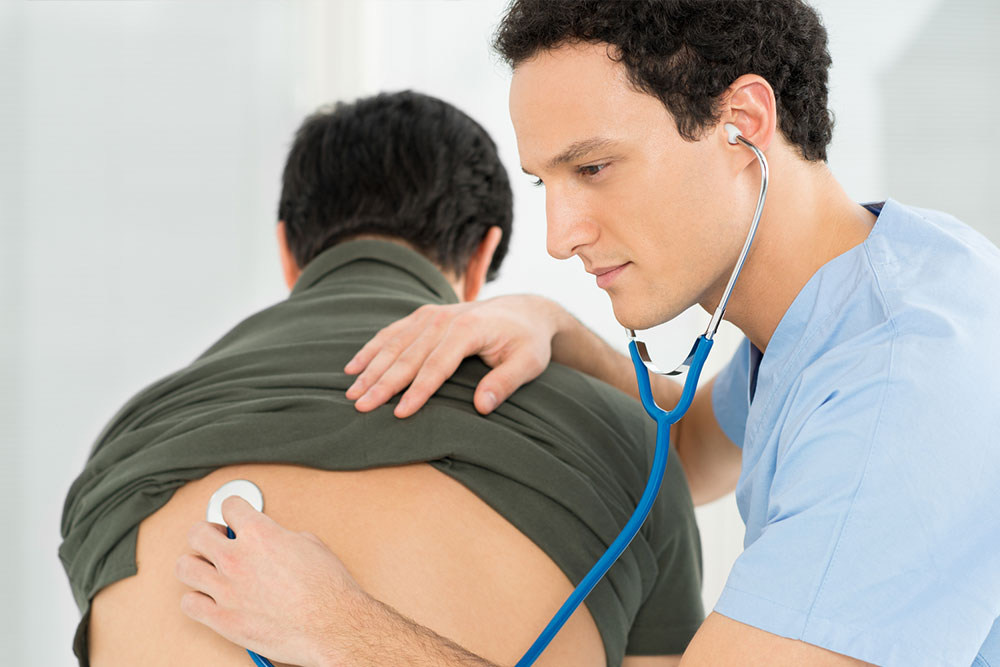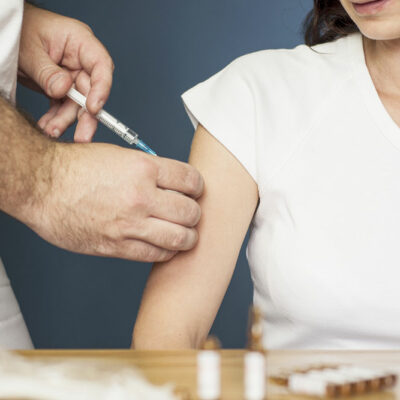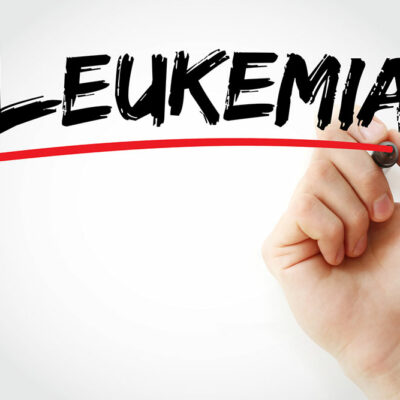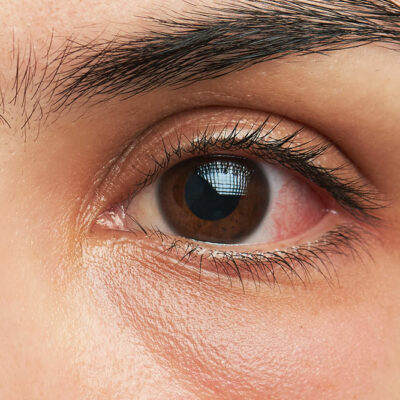
Causes and signs of testicular cancer
The testicle is the male reproductive organ inside the scrotum that produces male sex hormones and sperm. Testicular cancer occurs when malignant cells develop within the testes or testicles. Though it is a rare form of cancer (occurs in 0.7 percent of all cancer cases), it can affect people at an early age (15 to 35 years). In the United States, about 8000 males get diagnosed with testicular cancer every year. It results in approximately 400 deaths.
Causes of testicular cancer
The exact reason for testicular cancer is still unknown. Mutation in the germ cells of the testes causes them to behave abnormally. They start producing malignant cells at a very high rate. Accumulation of these abnormal cells forms a mass inside the testes. Some factors that may increase the risk of testicular cancer are as follows:
- Undescended testicle
Cryptorchidism, or an undescended testicle, where the organ does not move down at the time of birth may be related to the development of testicular cancer later. This risk remains even when individuals opt for surgery to cure cryptorchidism.
- Congenital abnormalities
Males born with congenital deformities in the testes (such as Klinefelter syndrome), penis, or kidney have a higher risk of testicular cancer. Formation of an inguinal hernia may also be a cause of this cancer.
- Family history
If a close blood relative, parent, grandparent, sibling, and uncle have testicular cancer, then the risk of this disease increases.
- Mumps orchitis
A complication of mumps in childhood, mumps orchitis, where one or both the testicles get inflamed may also lead to testicular cancer later in life.
- Ancestry
The incidence of testicular cancer is more in Caucasian males, especially those from Germany, New Zealand, and Scandinavian countries.
Signs of testicular cancer
Early diagnosis of testicular cancer helps in the treatment of the disease. However, most of the signs and symptoms are common to other infections and injury to the testicle or epididymis. So, regular self-examination followed by proper imaging tests becomes necessary for the detection of the disease.
- Lump or swelling in the testes
An early sign of testicular cancer is the formation of a lump or swelling in the testicle, which grows with time. It may or may not be linked with pain. There may be a feeling of heaviness or pain in the lower abdomen or scrotum along with the above symptoms.
- Breast growth
In some cases, malignant germ cells secrete a high level of human chorionic gonadotropin (HCG) hormone that causes swelling and soreness in the breasts of males with testicular cancer.
- Early puberty
Sometimes, Leydig cell tumors may also lead to the early attainment of puberty in boys. They exhibit growth of facial and body hair and deepening of the voice.
Testicular cancer may cause low back pain, shortness of breath, headaches, and confusion in the advanced stages. However, the good news is that it is highly treatable even at an advanced stage. In 95 percent of cases, treatment is successful, and patients can lead a normal life.


